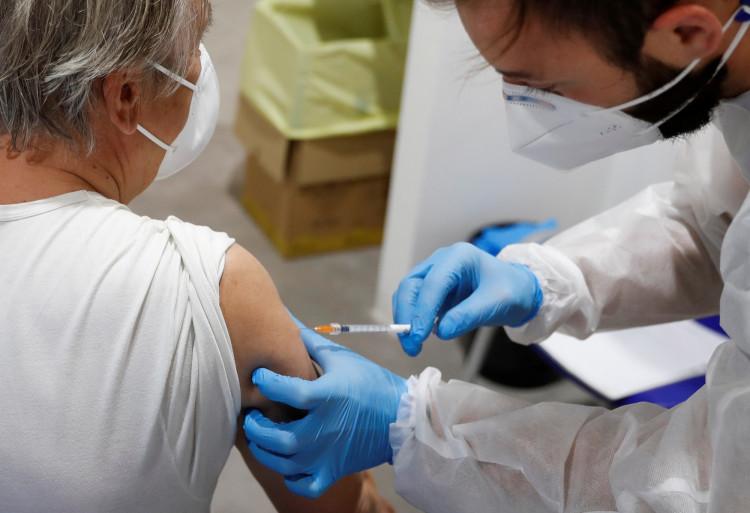According to a statement released by the World Health Organization on Monday, the continuous spread of monkeypox poses a moderate risk to global public health.
The WHO announced that 23 countries have reported a total of 257 confirmed cases and around 120 suspected cases under investigation - a rapid accumulation of cases in an outbreak that was first identified earlier this month.
Prior to this point, the majority of cases have been discovered in Europe and North America. The United States had identified 12 cases as of Friday.
In view of the fact that this is the first time that cases and clusters of monkeypox have been recorded simultaneously in geographically disparate WHO zones, the global health agency has determined that the risk to global public health is moderate.
According to the statement, the threat to public health could escalate if this virus seizes the opportunity to establish itself as a human pathogen and spreads to high-risk populations such as infants and immunocompromised patients.
Since smallpox vaccination was halted more than four decades ago, an increasing percentage of the global population is susceptible to the monkeypox virus, according to the WHO.
Monkeypox is an orthopoxvirus, the same family as the extinct smallpox virus. It is believed that vaccines and drugs designed to prevent or treat smallpox will provide some protection against monkeypox.
The symptoms of monkeypox are less severe than those of smallpox, which in around 30% of cases was fatal.
It is believed that the fatality rate for monkeypox ranges from 1% to 10%, with viruses from the West African lineage responsible for the current outbreak having a fatality rate at the lower end of this range.
The majority of documented cases in this outbreak have been males who engage in sexual contact with other men.
Maria Van Kerkhove, head of the Emerging Diseases Unit in the WHO Health Emergencies Program, told STAT that while the WHO is requesting countries to search for missed cases when conducting contact tracing, the majority of reported cases are active, meaning they are currently exhibiting symptoms.
Monkeypox is considered endemic in approximately 12 nations in West and Central Africa, despite the fact that its animal host(s) have not been identified.
There have been no reported fatalities associated with the current outbreak. According to a WHO statement, many infected individuals report "very modest" symptoms, such as enlarged lymph nodes and sores mostly in the mouth, genital region, or anus.





